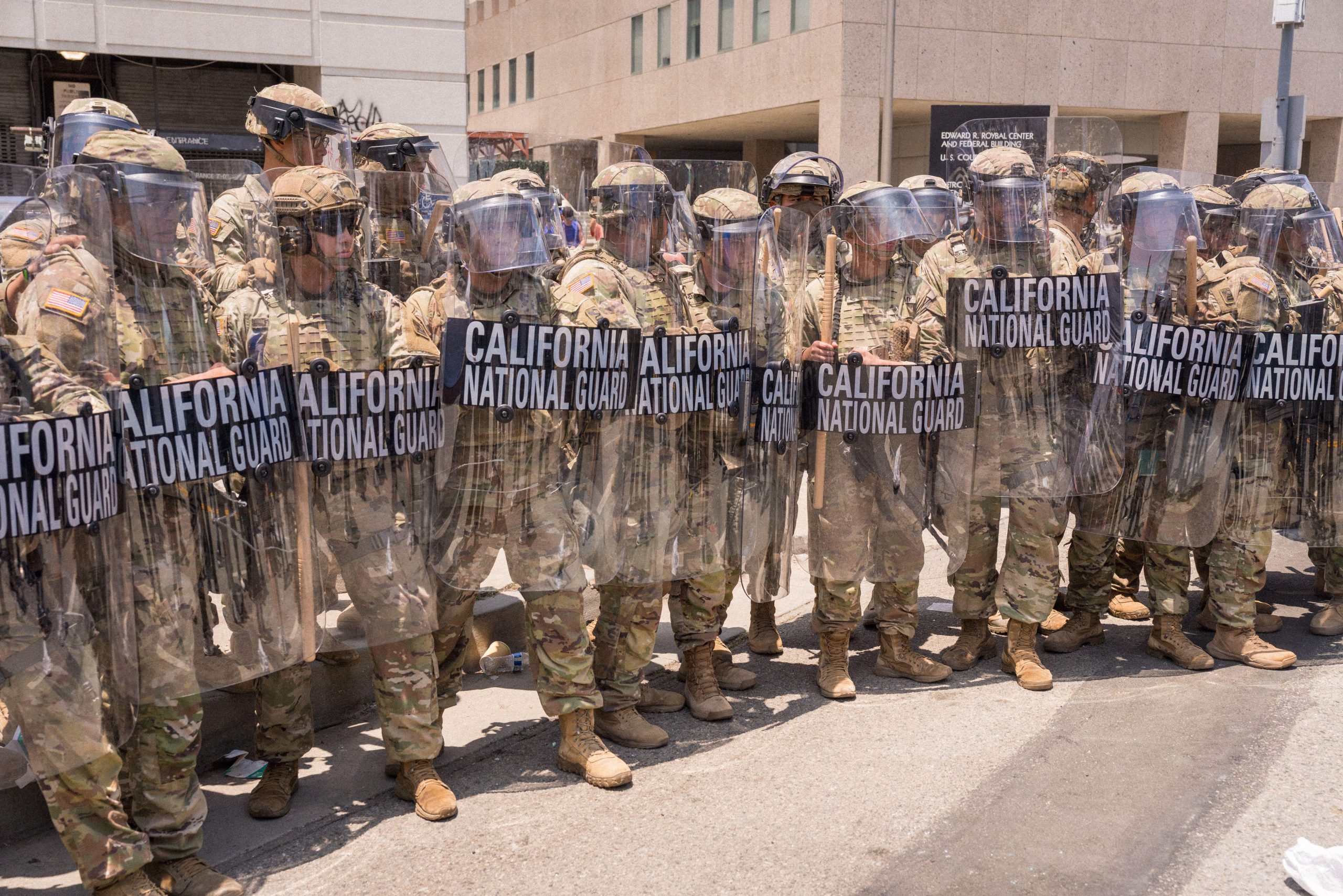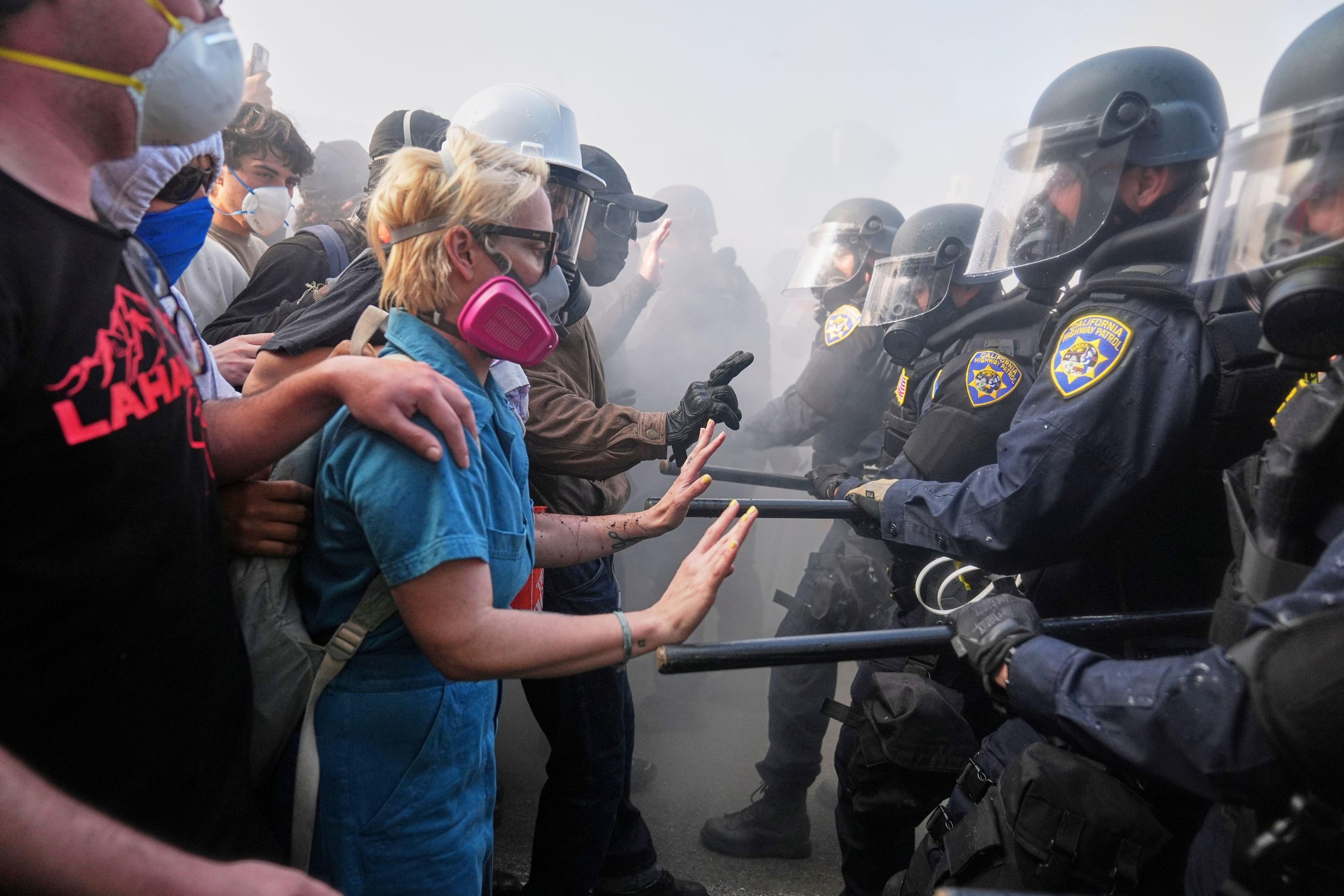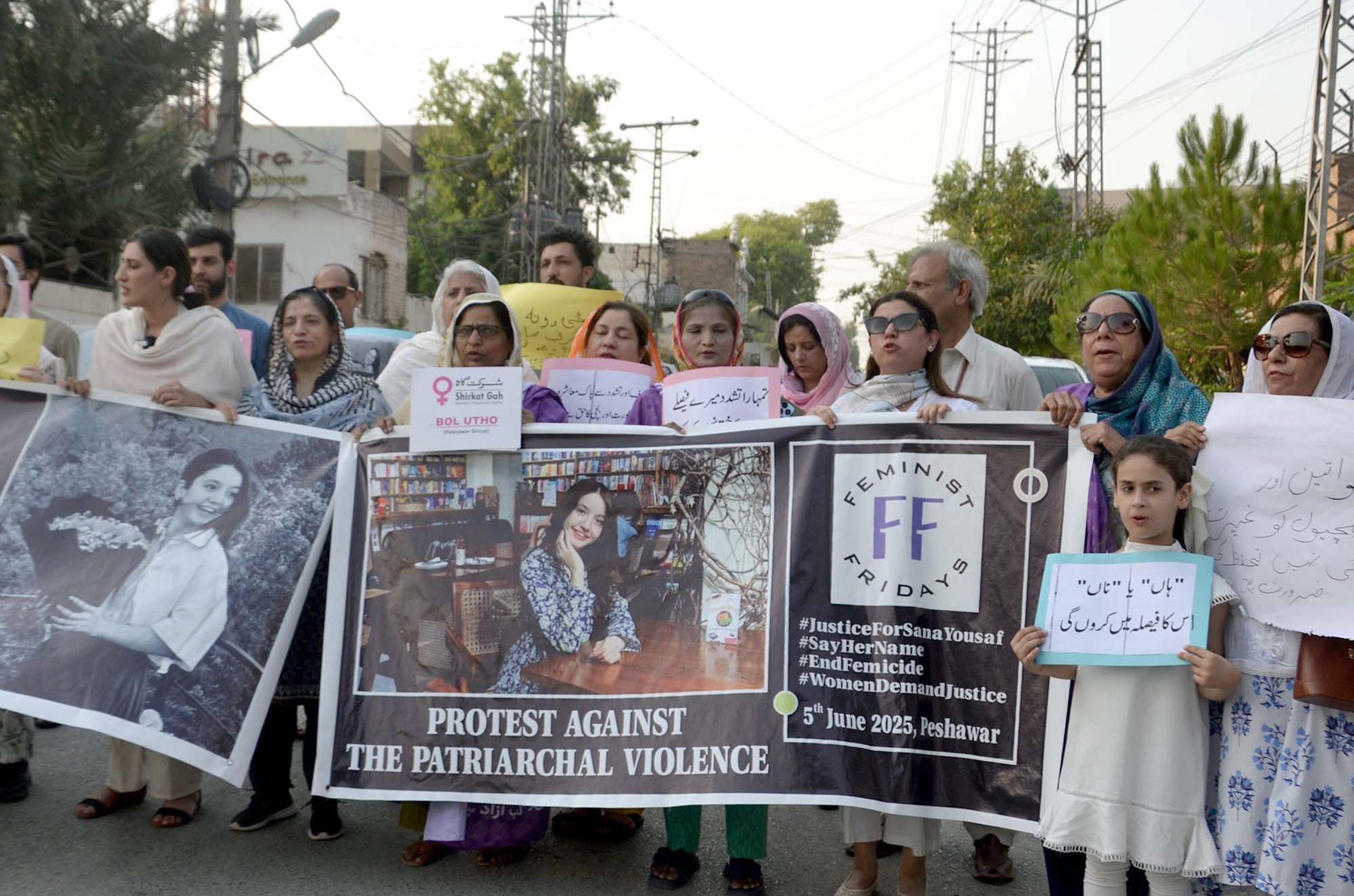The drug war continues to challenge the ways in which news and stories are disseminated in Mexico. While the newsmedia in many regions of this country work under the extreme censorship, organized crime has begun to taken it upon themselves to create news, by posting it on YouTube.
That was what happened last July when traffickers kidnapped four journalists and refused to release them until a local television channel aired a video that showed the director of the local prison worked with a competing drug gang. The video had been placed earlier on YouTube.
Today, Mexico´s media is abuzz because of yesterday morning´s release of a video in which a lawyer from Ciudad Juarez, Mario Angel Gonzalez Rodriguez, confesses that he and his sister, Patricia Gonzalez, the former state attorney general in the embattled state of Cihuahua (Ciudad Juarez), were on the payroll of the Cartel de Juarez. The video shows Rodriguez, who was kidnapped from his office a few days ago, surrounded by armed men in military garb and with face masks (a la Iraq). He claims the siblings ordered a number of high profile murders, including that of Armando Rodriguez, aka Choco, the journalist for the local daily El Diario de Juarez, murdered in 2008.
Meanwhile Patricia Gonzalez has responded by accusing the police of creating the video in revenge for her police corruption her investigations while she was in office.
Legal experts have asked the government to investigate the veracity of the accusations. Hector Gonzalez Mocken, of the National Confederation of Lawyers said the video is a police issue and that the former attorney general should be investigated, without assuming that the allegations are true.
Rather than clearing the air, the video raises many questions which can only cause more uncertainty in the embattled city of Ciudad Juarez (which today encompasses 20 per cent of all the gangland slayings in the country) and Mexico as a whole. Do the armed men belong to paramilitary groups? Do they work for the Cartel de Sinaloa, which is today challenging the Juarez Cartel for the territory of Ciudad Juarez? (This city stands next to one of the most profitable US —Mexico border crosspoints, with roads that connect it to both the eastern and western coasts in the United States.) Are the cartel henchmen that well equipped—AK 47s, military uniforms and boots? If so, it illustrates not just their cartels power but their increasingly militaristic ambitions.
The release of the video shows how important a free and safe media is to a society. In an upcoming report my organisation, The Fundacion Mexicana de Periodismo de Investigation (MEPI) reveals that local media in Ciudad Juarez is only airing two or three stories out of ten dealing with narco-related violence. This even include investigations. No newspaper in Ciudad Juarez could give itself the luxury of investigating the charges alleged in the video, even though they are incendiary.




